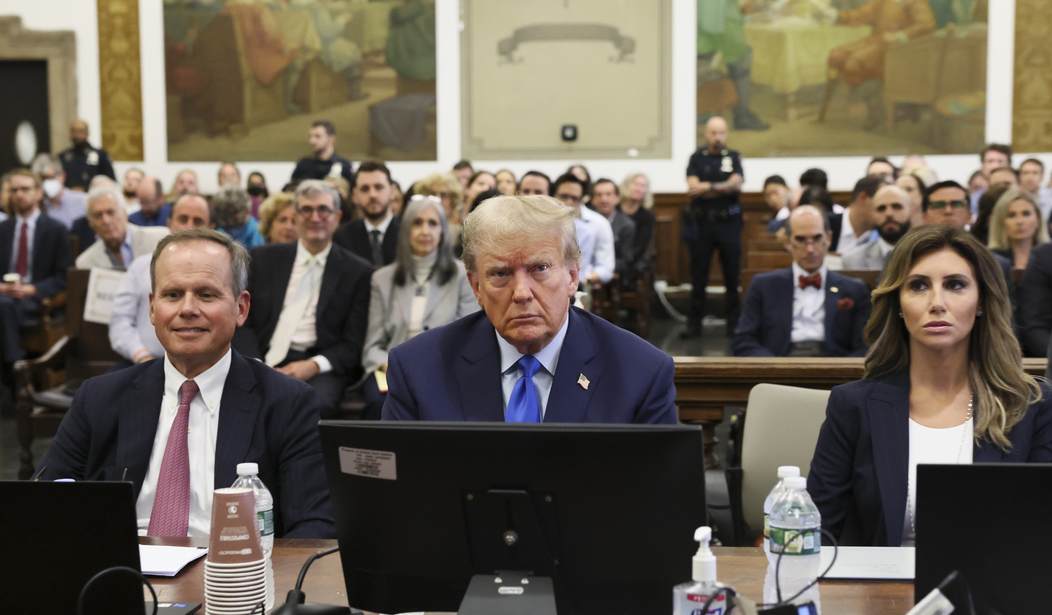Legal judgments against Donald Trump are beginning to add up and have already surpassed $500 million.
In addition to judgments in the E. Jean Carroll defamation case and the latest huge penalty in his civil fraud case. there's interest on all of his legal judgments that are added every day.
Some or most of those judgments will be reduced on appeal. Although hard to prove political bias, some statements by the presiding judge in the civil fraud trial show a distinct animus against Trump.
The civil fraud case where Trump was assessed a fine in excess of $350 million is especially open to adjustment. And the two defamation judgments against Trump are almost certain to be reduced on appeal.
Trump is currently on the hook for $542 million in legal judgments plus interest which currently stands at $99 million.
Trump also has some minor judgments, including $110,000 for refusing to comply with a subpoena in the civil fraud case and $15,000 for repeatedly violating a gag order.
Trump's civil fraud appeal will go before an intermediate-level court first. If he's unsuccessful, Trump would then try to get the state's top appellate court to take the case. Many legal experts don't think that will happen for Trump.
Trump has already deposited $5 million owed to Carroll for the first defamation case into a court-controlled account, along with an additional $500,000 in interest required by New York law. Carroll will not have access to the funds until the appeals process plays out.
He may soon be forced to do the same for the $83.3 million judgment in the second Carroll verdict. Alternatively, he could secure a bond and pay only a portion up front — though that option would come with interest and fees and likely require some form of collateral. Trump would have to find a financial institution willing to front him the money.
In the civil fraud case, Trump will have to put up some of the cash as he begins the appeal process. How much is up to the judge, but, historically, it will be a fraction of the judgment. He may also be forced to pay whatever the full sum is immediately.
“New York’s judicial system has shown a willingness to move quickly on some of these Trump issues,” says University of Michigan law professor Will Thomas. “When we hear from the first appellate court, that’s a point where money is almost certainly going to change hands.”
In his 2021 statement of financial condition, Trump said he had just under $300 million in “cash and cash equivalents.” He has since made a number of sales, including his New York golf course and his Washington, D.C., hotel, and may also soon get a windfall when his social media company, Truth Social, goes public.
But even with those income streams, it’s unclear whether Trump and his family members have enough cash on hand to pay all the money they now owe.
Trump has tapped into his political action committees to pay some of his legal expenses. Individual contributions are off-limits
“The likelihood of the Federal Election Commission in its current configuration pursuing these violations is not terribly great,” said Daniel Weiner, director of the Brennan Center’s Elections and Government Program.
Trump could always refuse to pay anything on the judgments. The courts would then seize whatever assets they could get their hands on and sell them off. Trump's fortune is likely to shrink considerably no matter what he does.










Join the conversation as a VIP Member